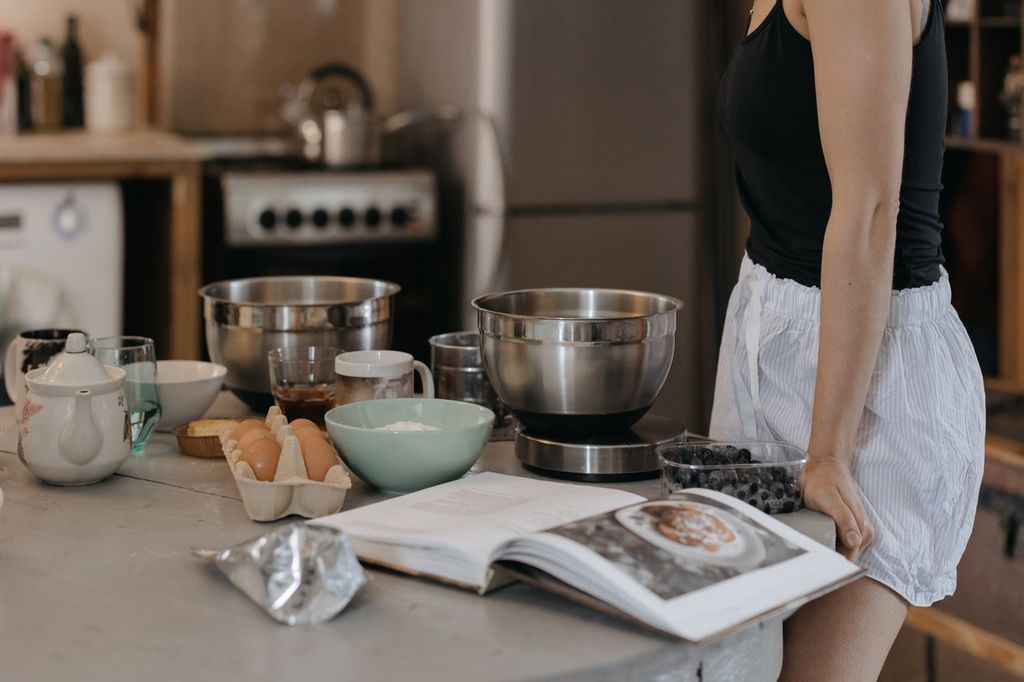In addition to their natural wellness benefits, using terpenes in food can enhance your meals with big, bold, fragrant tastes. However, the biggest challenge when cooking with terpenes is learning to pair complementary flavor profiles and getting the right measurements.
Interested in learning how to use terpenes to take your dishes to the next level? Here’s our fool-proof guide to getting it right the first time around.
Steps
Step 1: Before putting terpenes in food, understand what terpenes are.
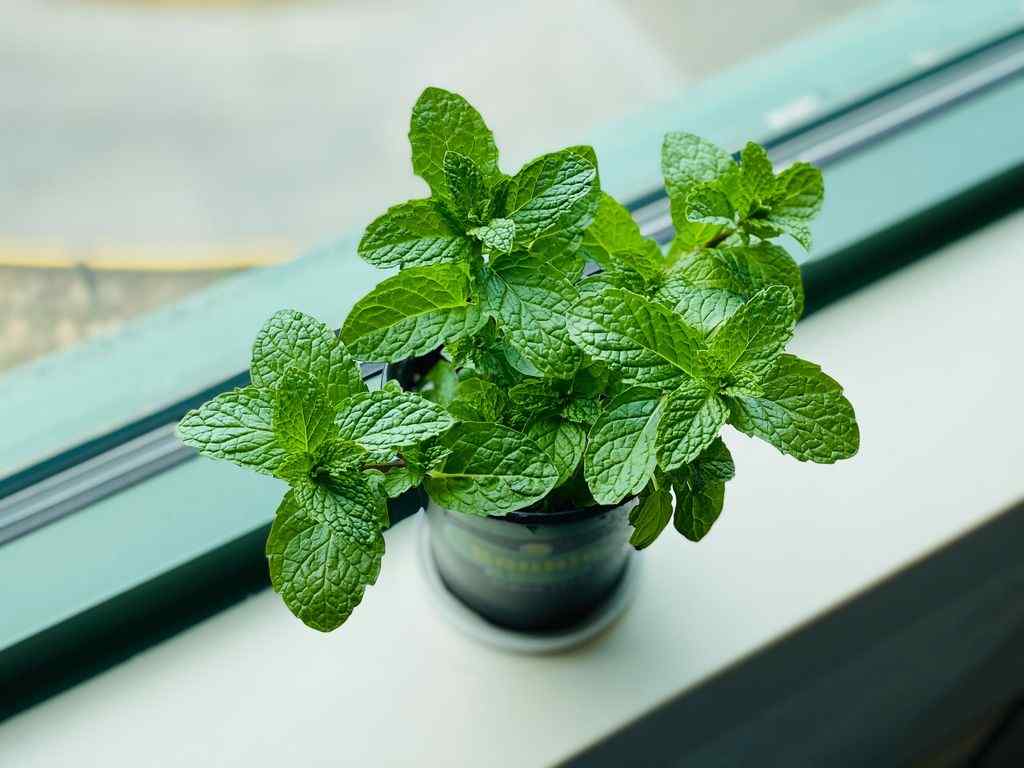
Ever smack a mint leaf to release its aromas? That lovely fragrance that creeps into your nose and brings sweet, sweet bliss to your olfactory nerves — that’s from terpenes. They’re the natural compounds responsible for giving herbs, plants, and natural foods their unique flavors and smells. Some are extracted from hemp, and others are derived from other botanical sources or synthetically isolated in a lab.
No matter the source, they can be used to enhance all kinds of products, especially food!
Step 2: Choose the right terpenes.
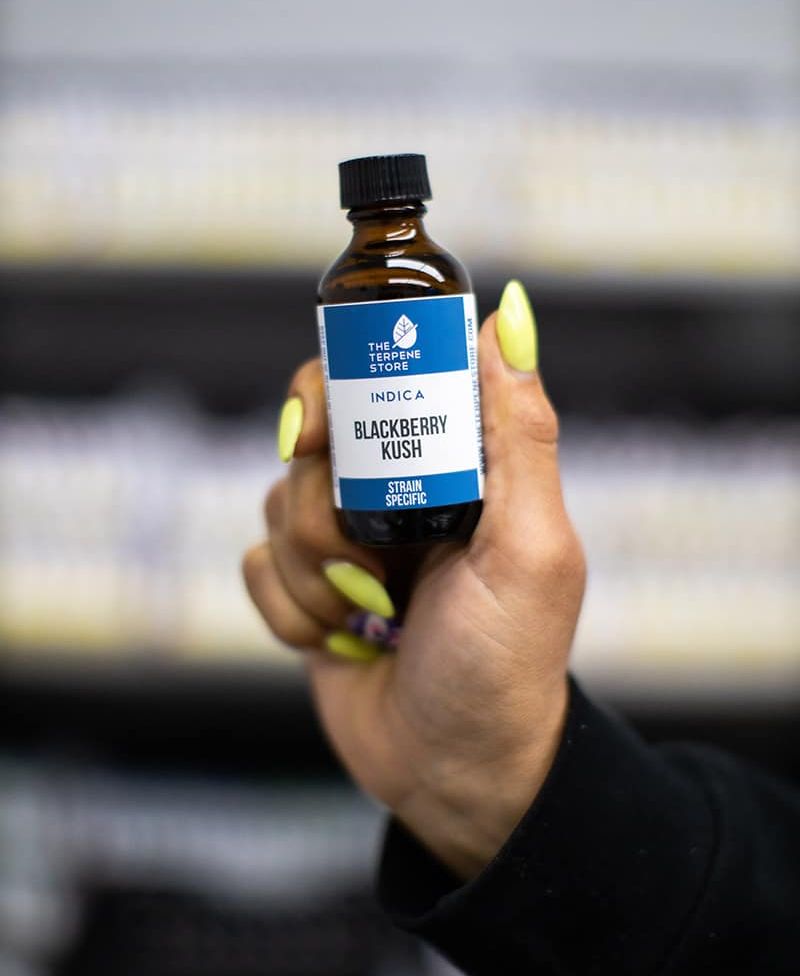
When using terpenes in food, you want to make sure you’re giving thought to what flavors and aromas would work well together. For instance, you wouldn’t use a cotton candy terp to go with your tomahawk steak (at least, we hope you wouldn’t). Something heavy on caryophyllene, which is found in rosemary and clove oil, would pair much better with a cut of meat. Keep that in mind when you’re shopping before cooking with terpenes.
Step 3: Start low and go slow.
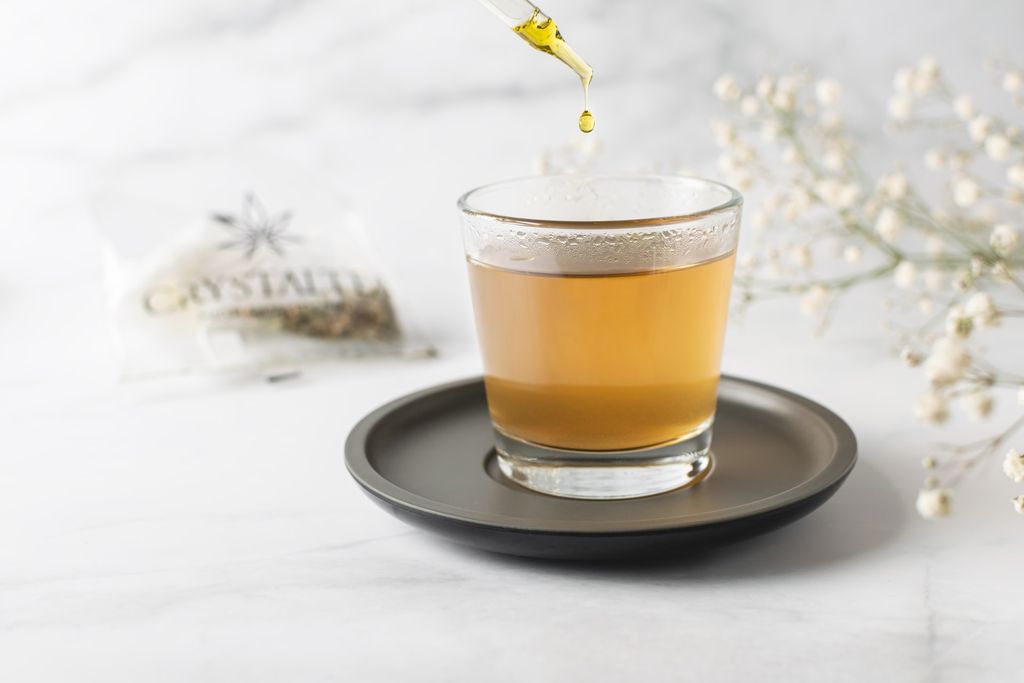
Terpene formulations are seriously concentrated, so it’s important to remember to start low when putting any terpenes in food. We recommend starting with .5% and working your way up slowly depending on your personal preference. Adjust the dosage as you go. Check out our mixing guide for info.
Step 4: Be careful with boiling points.

Different terps have different boiling points (some as low as 225°F) and overheating them could destroy them. A steady, slow roast is your best bet to prevent that from happening. But just in case, we’ve rounded up the boiling points for some of the most common ones:
| Caryophyllene | 266°F |
| Myrcene | 334°F |
| Limonene | 349°F |
| Pinene | 311°F |
| Terpinolene | 366°F |
| Linalool | 390°F |
| Terpineol | 426°F |
| Humulene | 225°F |
Step 5: Integrate terpenes into the food.
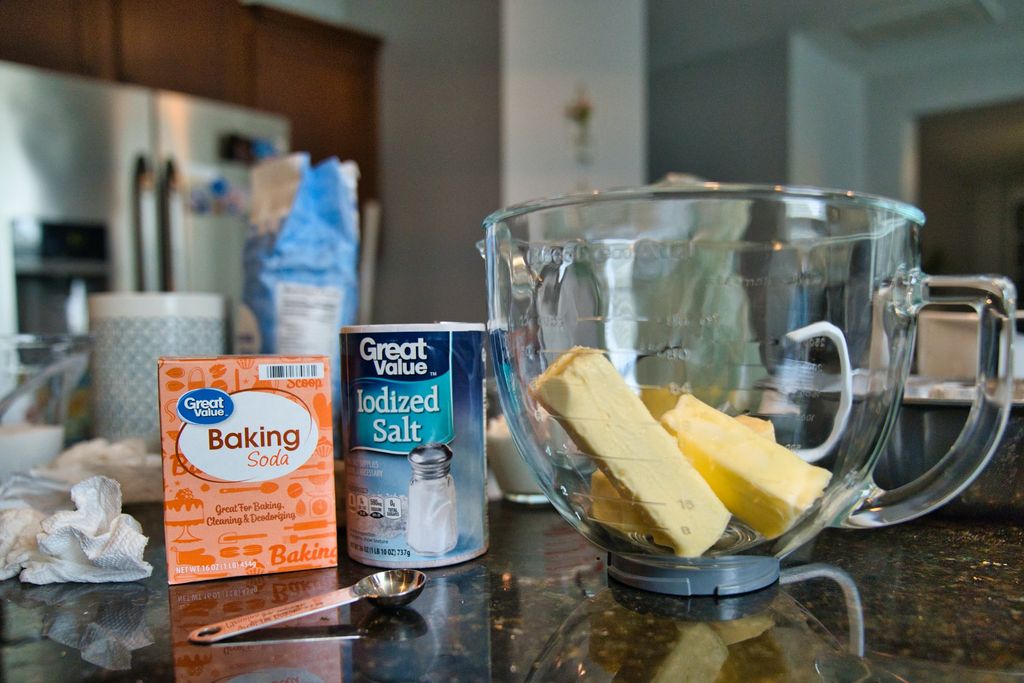
The best way to incorporate terpenes into your dishes is by infusing them with your favorite cooking oil or butter. Stick to quality products to ensure the best possible outcome when cooking with terpenes.
Step 6: Finally, enjoy!

Enjoy your thoughtfully crafted, terpene-infused meal! Once you start integrating terpenes into your recipes, you’ll find that they quickly become a pantry staple. Listen to our tips and you’re sure to master every recipe you try cooking with terpenes. Bon appétit!
Got questions? We got your back, Chef. Drop us a line and we’ll do our best to help!

